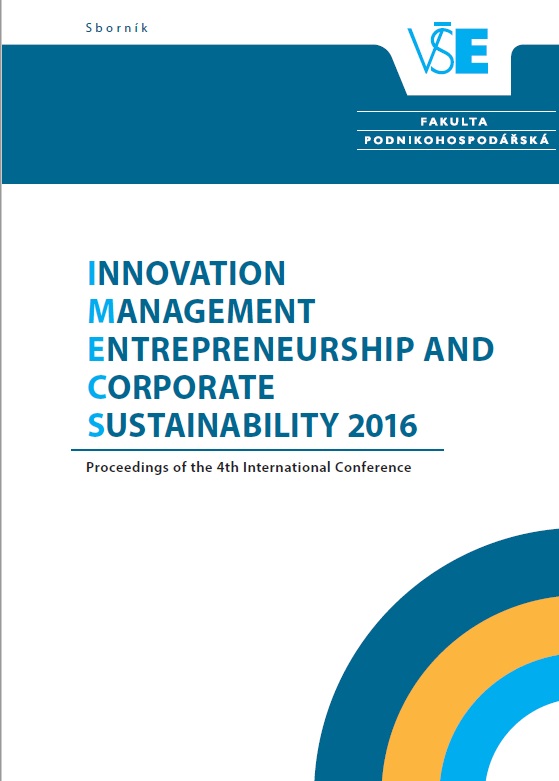
CREATIVE APPROACH TO THE INNOVATIONS BASED ON THE PRODUCT BENCHMARKING RESULTS
The article is aimed at the creative approach to the innovations based on the product benchmarking results. Benchmarking is the process of comparing the selected company´s performance with the performance of the best competitor on the market and using the best practices to improve itself. The use of the benchmarking results brings many benefits to the company, e.g. lowering the costs, improving the quality, improving the products or the functions of it, increasing sales and profits, increasing customers´ satisfaction or making better strategic decisions. The crucial issue when using a benchmarking is to utilize its results within the innovation process. It is very important to create an environment in a company which boosts the motivation of the employees in the field of creativity and innovations. Authors present the creative approach to the innovations in form of the Osborn´s checklist application when making the product- and process innovations in a particular company. The main objective of the article is to outline the procedure of using creative approach within the innovation process in a particular company (which is based on the product benchmarking results) to improve the product and increase its success on the market.
More...